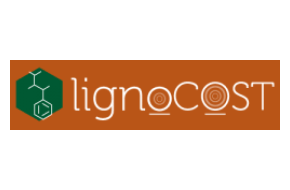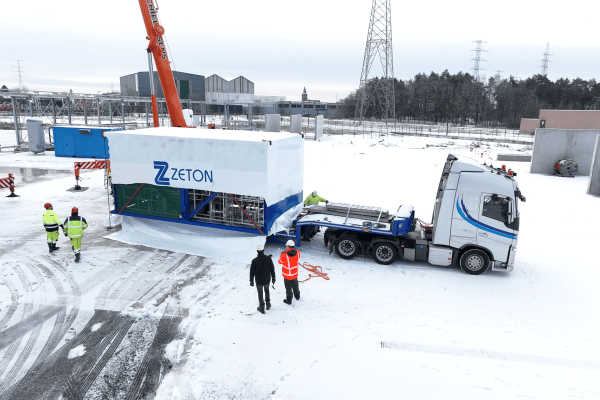
LignoCOST: a pan-European network for lignin valorisation
Lignin holds the potential to become the aromatic resource of the future. However, we know too little about lignin's industrial availability, sustainable applications and environmental footprint. That is why LignoCOST created a European network that would attempt to map out those things.
A closer look at lignin
If we want biorefineries to have a future, we must valorise lignin – so we can use it in sustainable applications. This complex and largely underused side stream can be converted into an important biorefinery product and an economically appealing industrial resource.
The European LignoCOST network examined the complete value chain of lignin. It studied the environmental, socio-economic, technical and non-technical impact.
The project brought industrial stakeholders, SMEs, academics and research institutions together and connected various industries such as biorefineries, the paper industry, and the chemistry industry.
Important focal points
We focused on:
- A WikiLignin database that included information about lignin sources, availability, qualities, storage options, modern analytical methodologies and ready-made methods for the industry.
- Bio- and chemo-catalytic conversion technologies and an assessment of the technology readiness level (TRL).
- Requirements for industrial applications (market demand) in comparison with the qualities of lignin (offer).
- The development of value chains to valorise lignin.
- The technical and sustainable aspects, a lifecycle assessment, the market potential and the roll-out.
Funding
This project was funded by the European Union.






